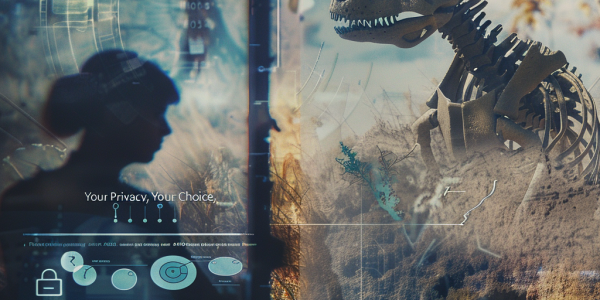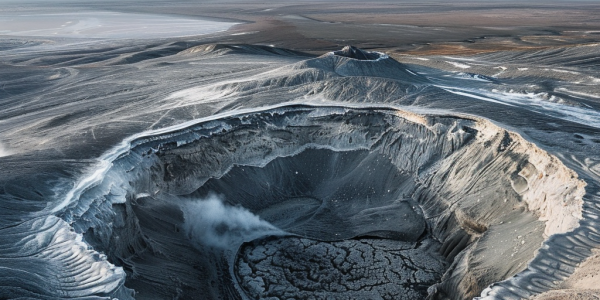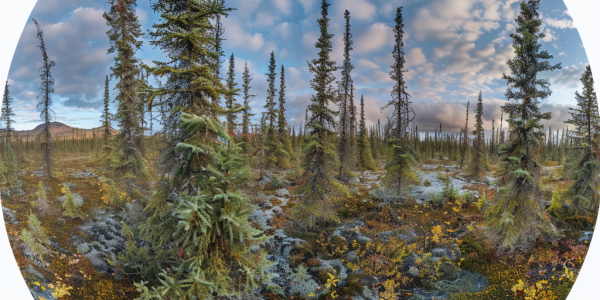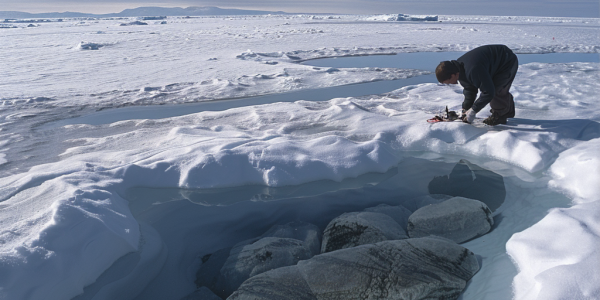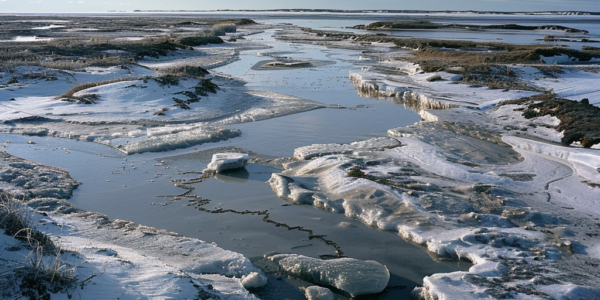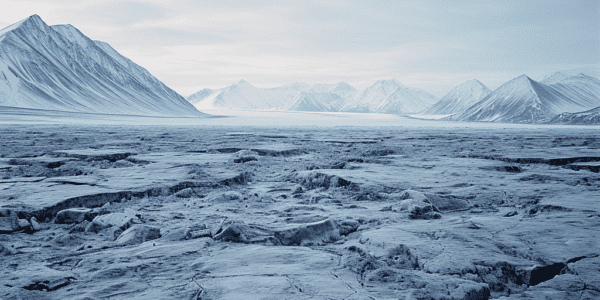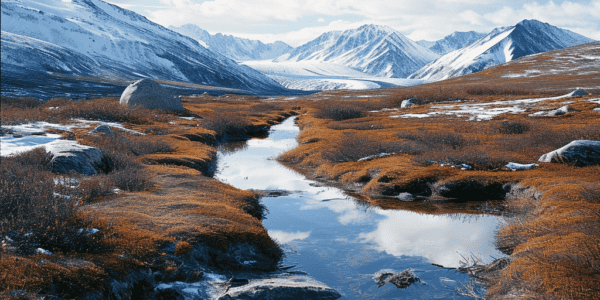Discovery of Mummified Sabre-Toothed Cat Sheds Light on Pleistocene Era
Discover the groundbreaking research on the mummified juvenile sabre-toothed cat, Homotherium latidens, recently uncovered in Siberia. This significant find offers insights into the morphology and ecology of Pleistocene carnivores, enhancing our understanding of their evolutionary adaptations and the prehistoric ecosystem. Explore the implications of this discovery for paleontology and the preservation of ancient biological materials.
Mysterious Siberian Craters Linked to Climate Change and Methane Release
Mysterious craters in northwestern Siberia have emerged over the past decade, raising questions about their origins and the impact of climate change. Recent research reveals that these explosive formations are influenced by melting permafrost and methane buildup, highlighting the urgent need to understand the relationship between human activity and geological processes in the Arctic.
20-Year Study Reveals Complex Impact of Climate Change on Alaska’s Permafrost Forests
A groundbreaking 20-year study by Osaka Metropolitan University reveals how climate change impacts carbon dynamics in Alaska’s permafrost forests. The research, published in the Proceedings of the National Academy of Sciences, highlights a complex shift from CO₂ sinks to sources and back, emphasizing the adaptability of black spruce trees amid changing environmental conditions. This vital study aims to refine climate models and enhance our understanding of ecosystem responses to global warming.
Renowned Virus Researcher Warns of Potential Pandemic Threat from Ancient Viruses in Arctic Permafrost
Renowned virus researcher Jean-Michel Claverie warns of the potential threat of future pandemics originating from ancient viruses emerging from Arctic permafrost. His groundbreaking discovery of ‘zombie viruses’ dating back up to 48,500 years highlights the urgent need for proactive research and risk mitigation strategies to address this public health concern.
Arctic Permafrost Thaw Accelerating Greenhouse Gas Emissions
Arctic permafrost region is now emitting more carbon dioxide and methane than it absorbs, contributing to accelerated global warming. Recent research indicates that the ongoing thaw is likely to persist, worsening the effects of climate change.
Scientists Warn of Potential New Pandemic Threat from Ancient Arctic Viruses
A team of scientists has issued a warning about a potential new pandemic threat that could be unleashed by ancient viruses frozen in the Arctic permafrost. The Earth’s warming climate could release these long-dormant viruses, leading to a major disease…
Study Reveals Impact of Permafrost Thaw on High-Latitude Food Webs and Carbon Fluxes
Alaska is facing the brunt of climate change, with rapid warming leading to the thawing of permafrost in the state’s interior. This thaw not only releases stored carbon into the atmosphere, exacerbating rising temperatures but also triggers decomposition, potentially impacting…

